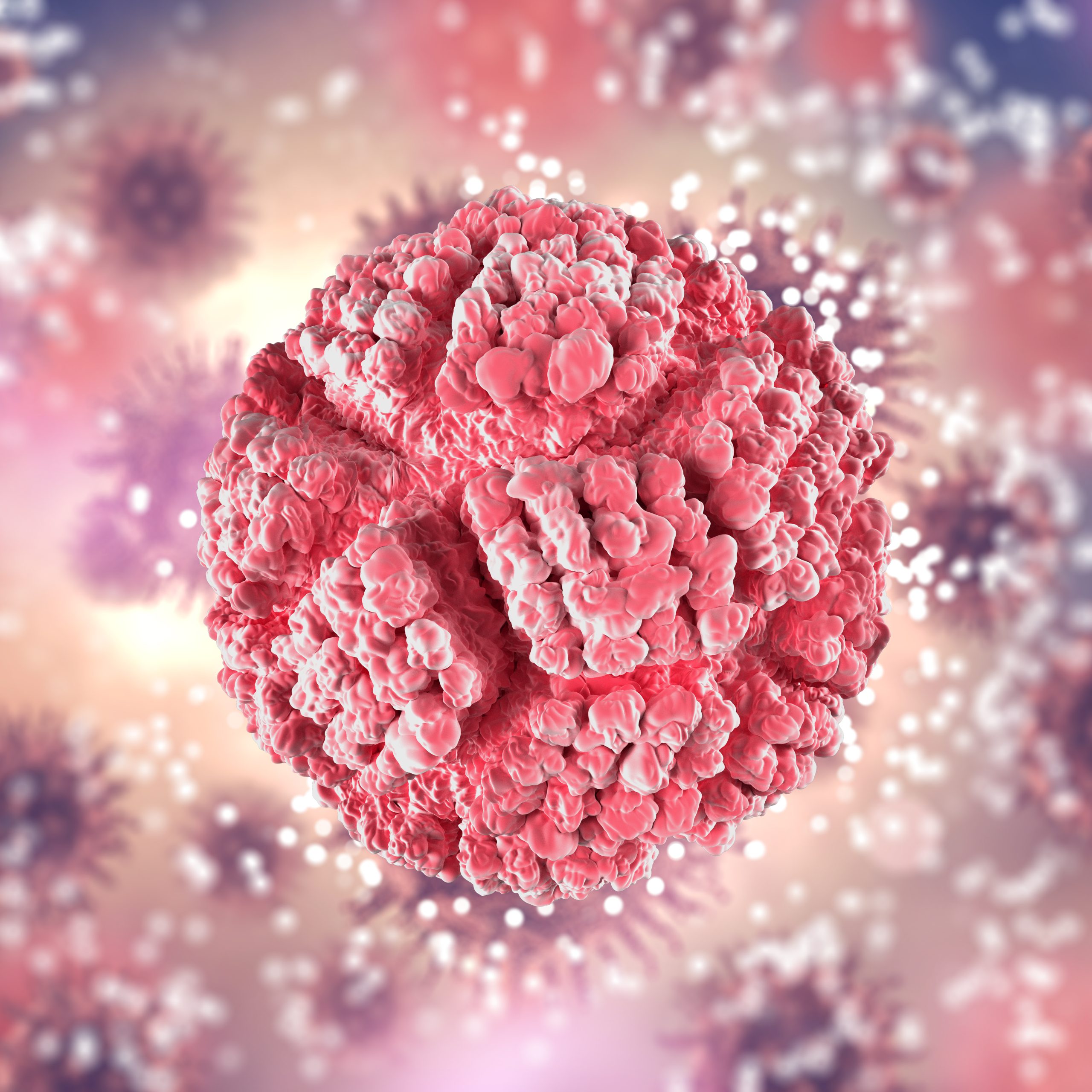A revolutionary technology has emerged that holds the potential to convert cancer cells back to a normal-like state, without killing them. This innovative method could pave the way for a new cancer treatment approach, which offers the possibility of avoiding the harmful side effects and risks of drug resistance that commonly arise with traditional cancer therapies.
The Concept of Cancer Reversion
The idea of “cancer reversion,” where cancer cells are reverted to a more differentiated, non-cancerous state, is being considered as a novel approach to cancer treatment. Cancer cells are often in an undifferentiated state, meaning they have lost their specialized functions and characteristics. By reactivating genes responsible for differentiation—genes that are usually turned off or mutated in cancer cells—scientists hope to restore normal cell behavior. Moreover, it may even be possible to guide cancer cells to transform into entirely different cell types. For example, it could be possible to redirect breast cancer cells to become more specialized liver cells.
Previous Successes and the Importance of “Master Regulators”
While the concept of cancer reversion has shown promise in diseases such as myeloid leukemia, breast cancer, and liver cancer (hepatocellular carcinoma), a more comprehensive identification of “master regulators”—genes or proteins that govern the differentiation process—has not yet been achieved. Master regulators are critical because they hold the key to reprogramming cancer cells back into normal, non-cancerous cells. Identifying these regulators could lead to revolutionary treatment options that aim to revert cancer cells without the need for traditional chemotherapy or radiation, which often come with damaging side effects.
KAIST Study Develops Colon Cancer Cell Reversion Technology
In an exciting new development, a research team led by Professor Kwang-Hyun Cho from the Korean Advanced Institute of Science and Technology (KAIST) has created a technology that successfully reverts colon cancer cells to a more normal, non-cancerous state. This research builds upon the understanding that during oncogenesis, the transformation of normal cells into cancer cells, there is a regression along a specific differentiation pathway. By focusing on this key insight, the researchers were able to develop a digital twin of the gene network associated with normal cell differentiation. This digital twin simulation allowed the team to systematically pinpoint key molecular switches that trigger the reversion of cancer cells.
Reversion Achieved with Molecular Switches
When these key molecular switches were applied to colon cancer cells in the laboratory, the results were remarkable. The cancer cells reverted to a state much closer to normal cells. To ensure the validity of their findings, the researchers also conducted experiments on animal models, which confirmed these results on both molecular and cellular levels.
A Systematic Approach to Cancer Cell Reversion
This groundbreaking study not only highlights the potential of cancer cell reversion but also provides a systematic approach to achieving it. By creating digital twins of the gene networks of cancer cells, the researchers were able to explore the process of reversion more methodically, moving away from relying on chance findings. This systematic method could be key in developing new, reversible cancer therapies that are more effective and applicable across different types of cancer.
Dr. Jane Smith, a leading molecular biologist, praised the KAIST team’s work, saying, “This research is a significant leap forward in cancer treatment. The idea of reverting cancer cells back to normal cells is incredibly exciting, and it holds the potential for an entirely new approach to treating cancer without the harmful side effects of conventional therapies.”
Professor Cho’s Insights on the Study
Professor Cho shared his excitement about the study, saying, “The ability to transform cancer cells back into normal cells is an extraordinary breakthrough. This research proves that such a reversion process can be systematically induced, which opens the door to a whole new class of cancer treatments.” He emphasized that the study introduces the concept of reversible cancer therapy, and it provides a critical foundation for identifying specific targets for cancer reversion therapies in the future.
In an interview, Dr. Michael Lee, a cancer research expert, added, “The concept of reprogramming cancer cells to return to their normal state could be transformative for oncology. If this technology can be applied across a variety of cancer types, it could dramatically improve the quality of life for patients and reduce the reliance on traditional cancer treatments, which often come with severe side effects.”
Publication of the Research
This transformative research has been published in Advanced Science, and it represents a significant step forward in the development of cancer therapies. The hope is that as the technology advances, it could become a viable treatment option for patients suffering from different types of cancer, bringing us closer to more effective and less harmful cancer treatments.










